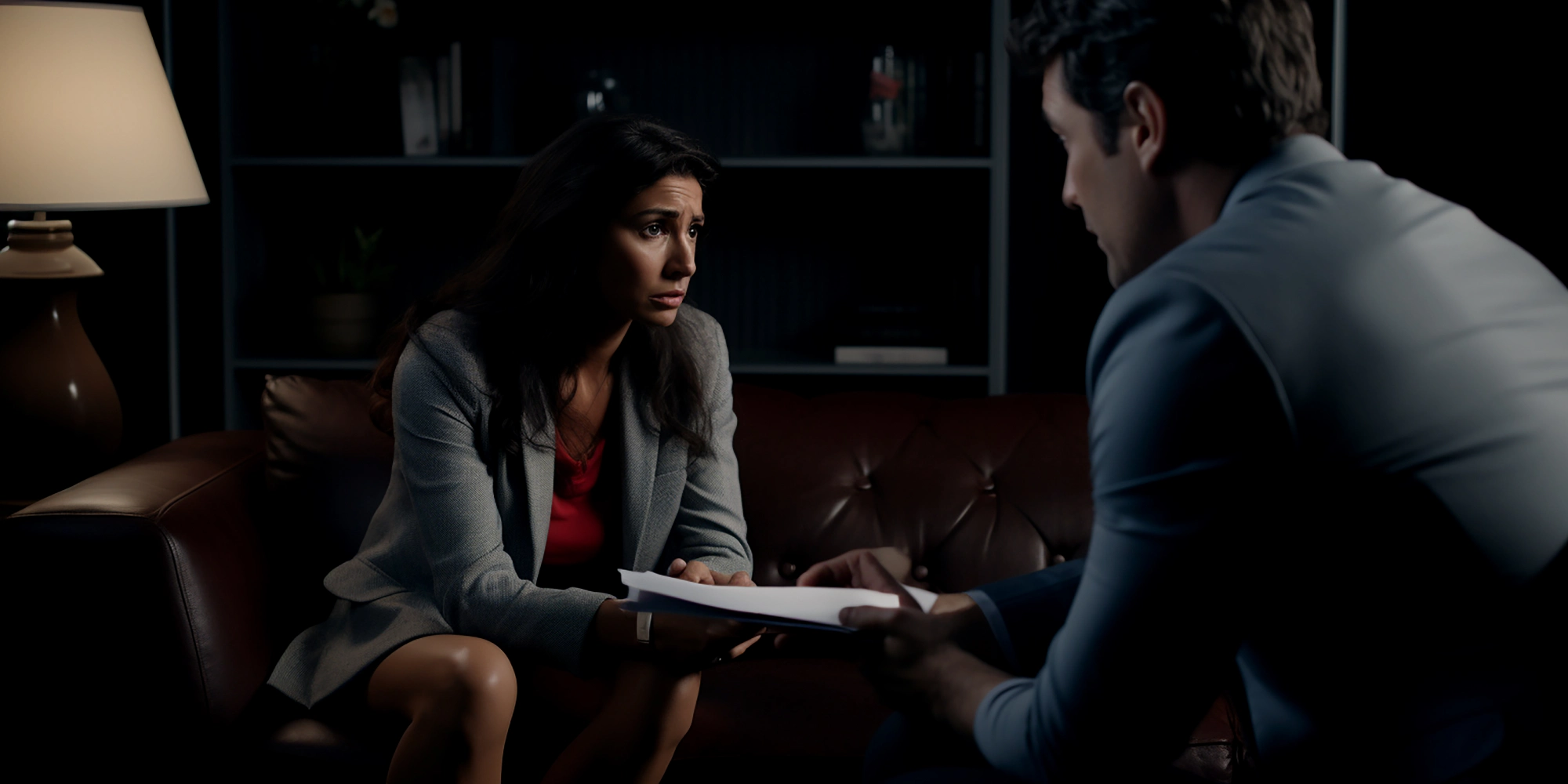Restraining Orders in NYC Custody Disputes by Shim Law Group
Custody disputes can be emotionally intense and challenging, especially when one party seeks a restraining order. A restraining order in a custody case is designed to protect the safety and well-being of children and parents involved in the dispute.
In New York City, these legal protections follow specific laws and procedures. Understanding the process and implications is crucial.
In this blog, we talk about the various legal aspects surrounding restraining orders in custody disputes. It outlines the process in New York and explains how Shim Law Group can support you through this challenging legal process.

Legal Foundation of Restraining Orders in Custody Disputes in NYC
- Jurisdiction:
Restraining orders in custody disputes fall under the jurisdiction of family law in New York City. - Governing Law:
The Family Court Act, particularly Sections 822 and 832, governs the issuance of orders of protection in custody-related matters. - Purpose of Restraining Orders:
These orders are designed to prevent harm, harassment, or intimidation and to provide protection for family members involved in custody disputes. - Protection in Custody Disputes:
A restraining order in a custody dispute seeks to protect one party from harm or danger posed by the other parent. - Child’s Safety as Priority:
Restraining orders are important when one parent has concerns about their child’s safety due to the other parent’s actions or behavior. - New York Law’s Stance:
New York law recognizes that any act threatening a child’s well-being or emotional stability should be addressed swiftly. - Key Legal Tool:
A restraining order can serve as an essential legal tool to protect the child or the custodial parent in such situations. - Foundation on Child’s Well-being:
The legal foundation of restraining orders is based on the principle that a child’s safety and emotional well-being must be prioritized in family-related legal matters. - Warranted by Evidence of Harm:
A restraining order may be granted if there is evidence of potential harm or endangerment to the child or the custodial parent.
Grounds for Restraining Orders in Custody Cases
In New York City, a restraining order can be issued in custody disputes under the following grounds:
1. Domestic Violence:
- If one parent has been physically or emotionally abusive, a restraining order may be granted.
- Evidence such as police reports or medical records can substantiate claims of abuse.
2. Threats of Harm:
- If one parent has made threats of harm to the child or the other parent, the court may issue a restraining order.
- These threats can include verbal threats or indications that the child’s safety is in danger.
3. Harassment or Intimidation:
- Repeated harassment or intimidation may justify a restraining order. This includes behaviors such as repeated calls, uninvited visits, or sending threatening messages.
4. Substance Abuse or Mental Health Issues:
- If a parent’s substance abuse or untreated mental health issues pose a danger to the child or the other parent, the court may issue a restraining order.
- Supervised visitation or even suspension of custody may occur.
5. Allegations of Sexual Abuse
- Sexual abuse allegations are treated very seriously by the court, and restraining orders are often issued to protect the child and the custodial parent.
How the Court Issues a Restraining Order in Custody Disputes
- Filing a Petition:
To request a restraining order, the concerned party must file a petition with the Family Court in the borough where they reside. - Court Hearing:
The court schedules a hearing to assess the request. This usually happens promptly in urgent cases. - Temporary Orders:
The court may issue a temporary order of protection until the hearing takes place if immediate action is necessary. - Consideration of Evidence:
During the hearing, the judge will review all evidence, including police reports, witness statements, and other supporting documentation. - Order of Protection Provisions:
If granted, a restraining order may include provisions such as:- No Contact: The restrained parent cannot contact or communicate with the petitioner.
- Stay-Away Orders: The restrained parent must stay a certain distance away from the petitioner’s home, workplace, or other locations.
- Visitation Restrictions: Visitation rights may be restricted or supervised.
Impact of Restraining Orders on Custody Decisions
A restraining order can significantly influence custody decisions:
- Custody Modifications:
The court may modify custody arrangements to ensure the child’s safety. This could include granting sole custody to the other parent or suspending visitation. - Visitation Restrictions:
A restraining order can impact visitation, leading to supervised visitation or suspension of visitation rights altogether.
Consequences of Violating a Restraining Order:
If the restraining order is violated, the offending parent may face legal consequences, including criminal charges or a change in custody arrangements.
How Shim Law Group Can Assist in Restraining Order Cases in New York
At Shim Law Group, we understand the emotional and legal complexities that come with custody disputes involving restraining orders. Our team is dedicated to helping families navigate this difficult process. Here’s how we can assist:
- Legal Guidance:
We provide expert guidance throughout the process of obtaining or contesting a restraining order. We ensure our clients understand their rights and options. - Court Representation:
Whether seeking or defending against a restraining order, we offer skilled representation in court, presenting compelling evidence and arguments. - Child Safety Focus:
Our primary focus is on ensuring the safety and well-being of your child, advocating for protective measures when necessary. - Fair Custody Decisions:
We fight for fair custody decisions and ensure that your rights as a parent are protected, even in the context of restraining orders.
Why Choose Shim Law Group?
Choosing the right legal representation is critical in custody disputes involving restraining orders. Here’s why Shim Law Group is the right choice:
- Expertise in Family Law:
We specialize in family law, particularly in cases involving custody disputes and restraining orders. Our deep understanding of NYC’s legal system ensures that you get the best possible outcome. - Proven Track Record:
With a strong history of success in family court, we have helped many clients achieve favorable results in restraining order and custody cases. - Client-Centered Approach:
We prioritize your needs, offering a compassionate, client-centered approach that considers the emotional and legal challenges you face. - Advocacy for Child Welfare:
Above all, we are advocates for your child’s safety and emotional well-being, ensuring that their best interests remain at the forefront.
FAQs
1. What is a restraining order in a custody dispute?
2. How do I file for a restraining order in NYC?
3. Can a restraining order affect my custody rights?
4. What evidence do I need to request a restraining order?
5. What happens if the other parent violates a restraining order?
6. Can I handle a restraining order case without a lawyer?
What To Do Next
If you are facing a restraining order in a custody dispute or need assistance with family court matters in New York City, Shim Law Group is here to help. Contact us today for a consultation, and let us guide you through the legal process to ensure the best outcome for you and your family.
Visit shimlawgroup.com or speak with us today to schedule a confidential consultation.







